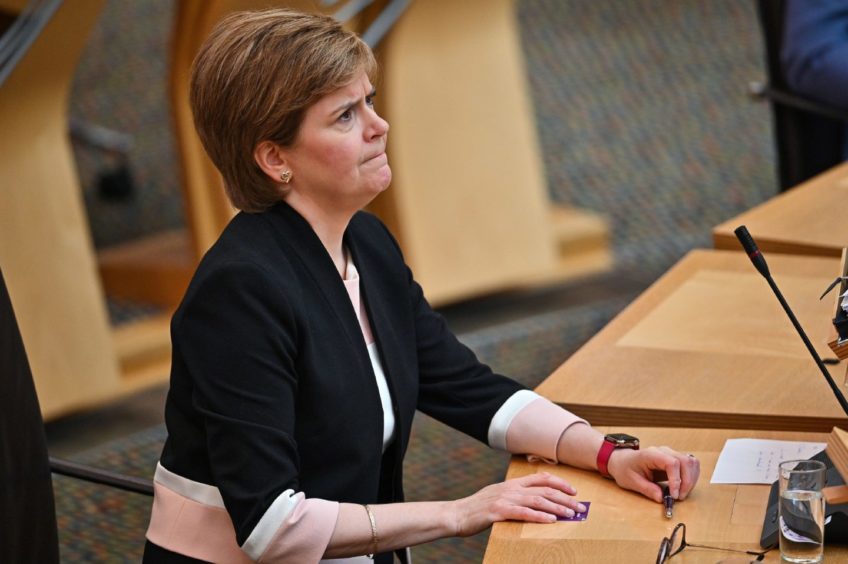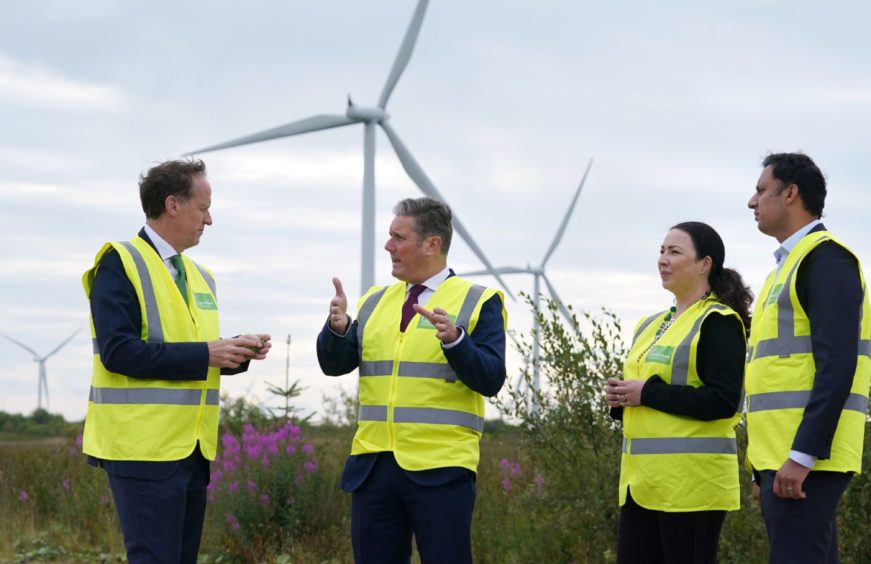The first question to ask of any political leader is “Do you truly want to win?”
The will to win doesn’t mean a leader will form a government but without that ruthless drive they will always come second.
That’s why the true, unspoken slogan of any successful politician is Malcolm X’s “By any means necessary”.
On his visit to Scotland this week, Labour leader Keir Starmer showed real steel in the way he took the fight to the SNP.
First, Starmer dealt decisively with the question that Ed Miliband never closed down – in the event of a hung parliament would Ed be in Alex Salmond’s pocket?
Starmer’s line was pitch perfect: “There’ll be no coalition going into those elections and no coalition coming out of it.”
There is no route to a change of government that doesn’t involve a Labour administration.
And the truth is that the SNP have painted themselves into a corner on this one.
SNP lack bargaining power
Having condemned successive Tory governments as a toxic mix of incompetence and malevolence they can’t possibly vote for a Conservative Queen’s Speech.
And if you won’t vote for the other guy then you have no bargaining power.
The German Greens are powerful precisely because they will join either the Christian Democrats or the Social Democrats in office.
Nicola Sturgeon has no such position.
Second, Starmer moved to strip the SNP government of the aura of being uniquely progressive.
Observers of Scottish politics with good memories will remember the nationalists failed to back First Minister Donald Dewar when he moved swiftly to abolish the homophobic Section 2A.
Mimicking England’s Section 28, this banned the “promotion of homosexuality” in schools.
Placating a rich donor, and courting the hierarchy of the Catholic church, then shadow education minister Nicola Sturgeon called for the “value of marriage” to be given a “statutory underpinning” in guidelines for schools.
It was a foghorn, rather than a dog whistle.
SNP vulnerable on climate crisis
While that may have been forgotten, and even forgiven, by equalities activists the SNP are vulnerable over the central progressive challenge of our time – the climate crisis.
Keir Starmer challenged the SNP over their addiction to fossil fuels – which since the 70s has been their single transferable answer to all economic questions.
It’s a position that is clearly now at odds with even the most modest of green credentials.
🏴Young people are the future of Scotland.
That’s why @AnasSarwar and @Keir_Starmer were out in Glasgow today to hear their views on the climate emergency ahead of COP26.
🌳 We need to confront climate change and deliver the green jobs of the future. pic.twitter.com/hxCrHLWFS6
— Scottish Labour (@ScottishLabour) August 4, 2021
The 2014 prospectus for independence showed the SNP would be prepared to see the planet burn if it balanced the books.
The same position is shown now in the unwillingness to see North Sea oil shuttered.
The emotional centrality of oil to the separatist case makes the SNP the “brownest” party in UK politics.
And, as Keir Starmer pointed out, it means they are less serious about Net Zero than they would like people to believe.
Setting out Keir Starmer strategy
It was a neat two step.
Starmer showed Labour don’t need a “progressive alliance” because the SNP have no choice but to put Labour into power.
And he questioned how progressive the SNP actually are.
There is much further to go for Labour to be a contender at the next election.
But the bones of Starmer’s strategy are clear.
It’s a straight fight with Prime Minister Johnson’s Tories – and that will be clear as we move further from the “halo effect” of the success of the vaccination roll-out.
Labour will win on its own – bringing voters together under the banner “Time for a Change”.
It will be the progressive offer for the future – contrasting last century’s nationalist obsession with oil to this century’s existential challenge of “Climate Extinction”.
It’s game on.
John McTernan is a political strategist who worked for Tony Blair.













